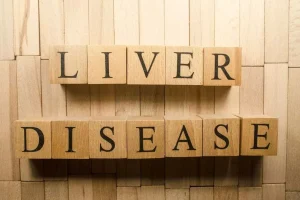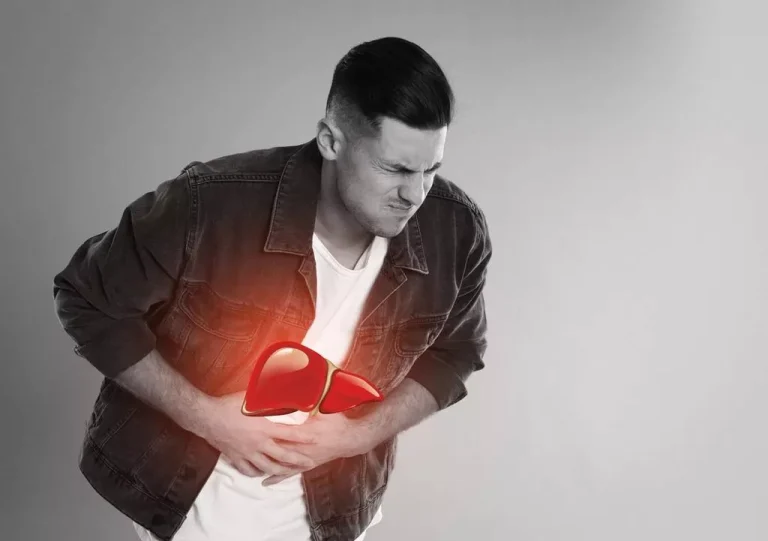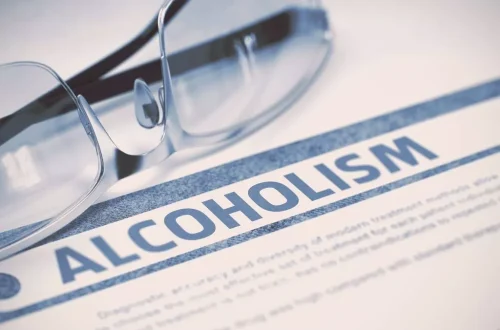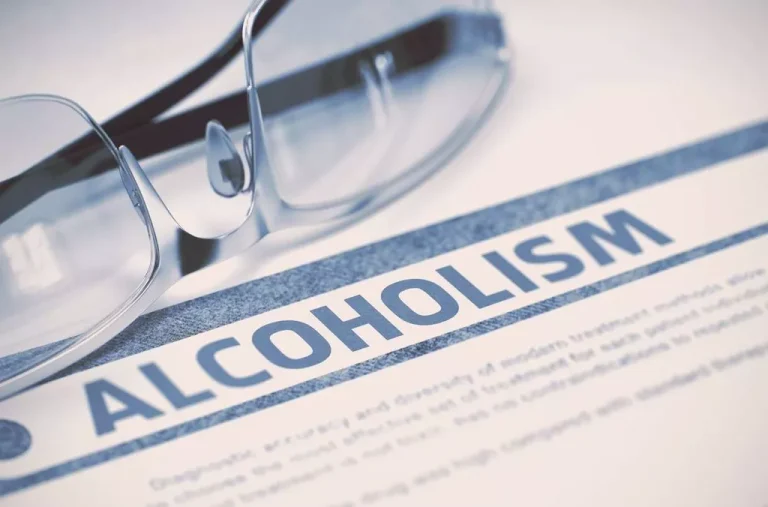Stages of Alcoholism: Early, Chronic, and End Stage

If you’re not certain how much you drink, consider using an app on your phone like Reframe. Use this app to count how many drinks you have and identify what tends to make you drink more. Finally, support groups, such as AA, can support the individual and give them a sense of accountability. Combining therapy with support groups can greatly improve your odds of success. During this period, you can expect to develop new skills you may have never learned that made you more susceptible to AUD in the first place. Enter your phone number below to receive a free and confidential call from a treatment provider.
Hepatic Alcohol Metabolism
This stage also qualifies as a severe form of alcohol use disorder (AUD) according to the DSM-5 criteria. Although many people are tempted to make other major life changes during this stage of recovery, such as changing jobs, experts recommend focusing energy on stopping drinking for at least the first year. If you think you may have a drinking problem, you’re definitely not alone. In 2021, researchers estimated nearly 30 million people ages 12 years and older in the United States had alcohol use disorder (AUD). End-stage alcoholics are also at a high risk of dying from accidents, trauma and suicide. When alcohol is not present, individuals may experience uncomfortable symptoms such as restlessness, tremors, headache, nausea, vomiting and insomnia.
Family and Children’s Programs
HCV and alcohol are the 5 stages of alcoholism two most widespread causes of liver disease worldwide. Almost all patients with a history of both HCV infection and alcohol abuse develop chronic liver injury. Some studies report that 16.9 percent of HCV-infection cases progress to liver cirrhosis, which is twice the prevalence of cirrhosis from alcoholic liver disease.

Support for Me and My Family
While binge drinking may seem harmless, this is far from the truth. In fact, binge drinking can lead to serious health concerns such as alcohol poisoning, comas, and even death. Additionally, drinking in large amounts can lead to alcohol dependency or addiction – making it the first stage of alcoholism. There is higher tolerance and dependence with the most severe https://ecosoberhouse.com/article/alcohol-poisoning-signs-and-symptoms/ physical damage to the body. Individuals in this stage meet at least five to six criteria from the DSM-5 criteria, indicating a significant progression toward severe alcohol use disorder.

- You may have a drinking problem if you have trouble controlling your alcohol consumption, have cravings for alcohol, continue to drink despite negative consequences, or experience withdrawal symptoms when you try to stop.
- It’s essential that you get help at this stage before the situation worsens.
- So far, there’s no consensus on the medical definition of recovery in alcohol treatment literature.
They can be moderate drinkers with the occasional instance of binge drinking. Yes, effective treatment options for early-stage alcoholism include behavioral therapies and support groups. Because this stage does not involve physical dependence, rehabilitation may not be necessary. The severity of early-stage alcoholism varies widely among individuals but generally increases over time.

Your addiction does not have to define who you are.
Individuals are on the brink of alcohol use disorder, with drinking firmly rooted in their daily routines. Despite awareness of the adverse effects, there is a struggle to abstain from alcohol. According to the 2022 National Survey on Drug Use and Health (NSDUH), in the U.S., 10.5% of Americans aged 12 and older had AUD in the past year, causing more than 85,000 deaths annually due to alcohol-related issues.

- In this stage, people may be simply experimenting with alcohol consumption.
- The first stage of alcoholism is a general experimentation with alcohol.
Consuming so much alcohol over a long period can lead to alcoholic hepatitis, cirrhosis, chronic pneumonia and bronchitis, cancer, and heart failure. But even if you wanted to quit drinking alcohol at this stage, you can’t without the possibility of having potentially fatal seizures or organ failure. Increased depression and anxiety are common, and you may find it hard to control your emotions.
Careers – Join Our Team
Different forms of psychotherapy, such as CBT, MI, dialectical behavioral therapy (DBT), and interpersonal therapy, can also be effective in helping the individual get to the root cause of their addiction. Furthermore, support groups like Alcoholics Anonymous (AA) can provide a supportive community for individuals in early recovery. Alcoholism is a disease that can take over a person’s life and leave them feeling hopeless.

